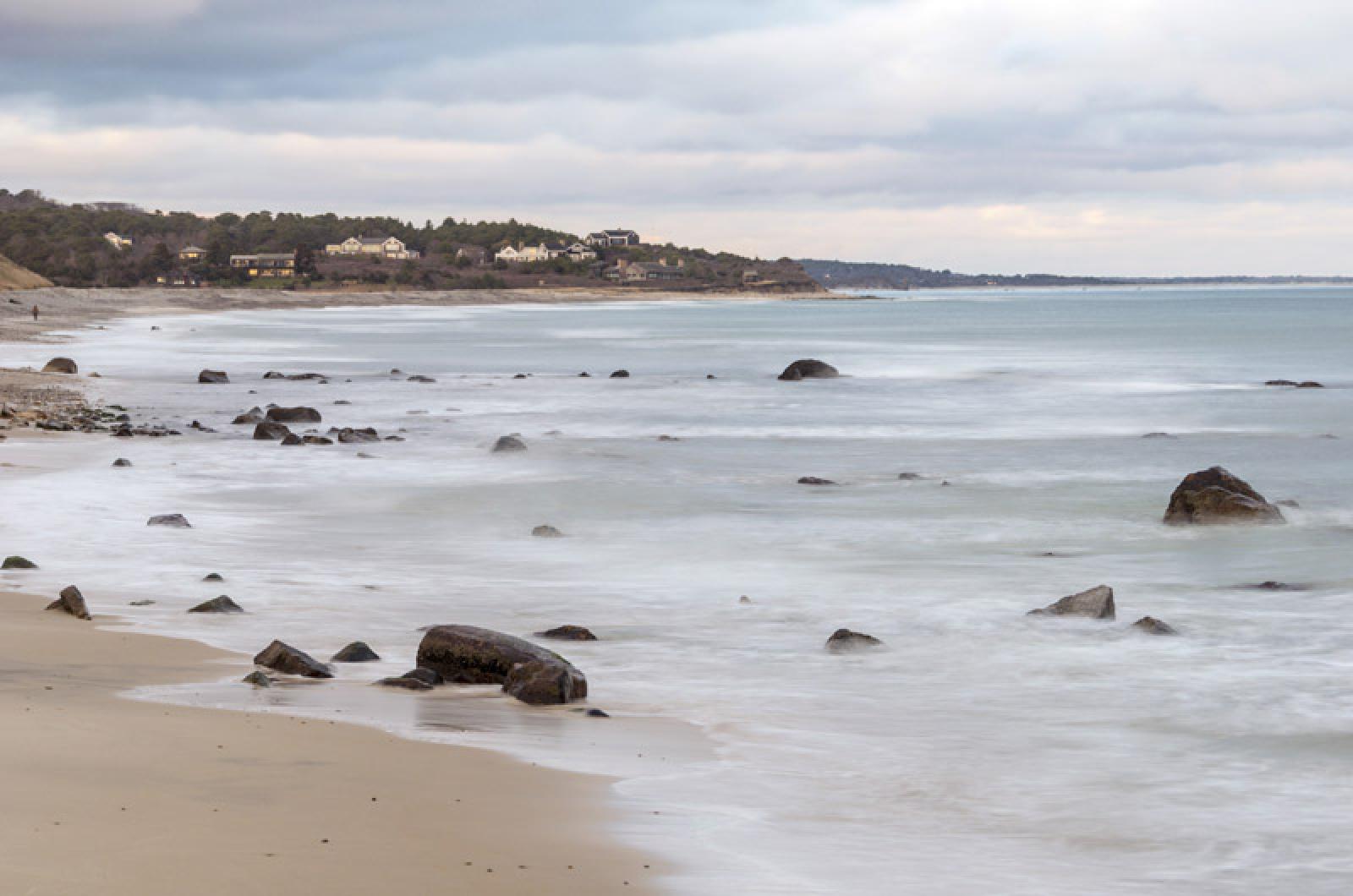I always believed that America’s greatest export was its optimism. No country in the world could rival our ability to dust ourselves off and start anew. Despotism hadn’t etched itself in to our national psyches yet. We could still afford our short term memories.
When I moved to Holland eight years ago, I ran from that optimism. I was embarrassed by our national naiveté. I longed to live in a place that understood that evil is something you live with, not something you defeat. As the child of a Holocaust survivor who grew up with war stories in lieu of fairy tales, I knew that joy was measured in moments, not decades, that bad things awaited you around every corner. While my friends imagined how they would react when Prince Charming would climb through their windows, I practiced how I would outwit Hitler when he would climb through mine.
Mom never shared the details of her starvation in Auschwitz. Instead, I found other ways of extracting the truth. I only needed to open the cupboard and find 40 containers of powdered milk hiding behind the Cheerios to know that part of her story.
I learned how to read between the lines. Later, when I became a professional storyteller, I was surprised by how literal my audiences were. In fact, I can’t recall one performance in America where someone didn’t approach me after a show and ask, “Was that story true?” This literalism wasn’t limited to performances either. A fact checker from the New York Times actually asked me to verify the year Peter Stuyvesant’s ghost appeared on Second avenue, before they could publish a playful Halloween piece I wrote for their City Section.
It wasn’t until I began to perform abroad that I began to see how different Europeans were as listeners. In the U.S., I learned the onus was always on the teller of stories; In Europe, it was always on the listener. During my performances in Holland, where I mainly worked, audiences wanted to decide for themselves what was relevant. No one there ever asked me for reassurance that the information I was delivering was factually true. They seemed to have a different, more cynical relationship with words, one that was fueled by centuries of dark memories.
I reveled in my new expat life. Aside from finally experiencing affordable health care, I felt like I was at the grown-up table. Content mattered. Audiences had real attention spans. Best of all, I didn’t have to endure a Disney-ized version of war.
I’ll never forget the time I was invited to run a workshop at a Maryland high school for Holocaust Memorial Day. As I drove up to the school, I found black train tracks painted on the driveway and the words “Arbeit Macht Frei” hanging over the entry door. I’m still recovering from the school principal in Omaha who showed me the giant water pistol he used while re-enacting the role of an SS officer with his students as part of their history curricula.
The America I experienced as a storyteller was akin to a badly behaved child. Impatient, literal, and without historical memory. In short, young. With Trump’s ascendency, we just got a bit older. We finally have our first true martinet, a reality some of us planned for our whole lives and some of us are just waking up to. Years from now, when we look back at this unthinkable period of history and attempt to make sense of the damage done, we will no longer ask the question I once dreaded: “Is this story true?” Because the real legacy we will be left with is cynicism.
Suddenly I find myself yearning for that same American naiveté I once ran from. Because I now know, for better or worse, our optimism depends on it.
Lisa Lipkin lives in Amsterdam and Edgartown. She was a professional storyteller for over 25 years, and is the author of Bringing the Story Home: The Complete Guide to Storytelling for Parents.




Comments (5)
Comments
Comment policy »